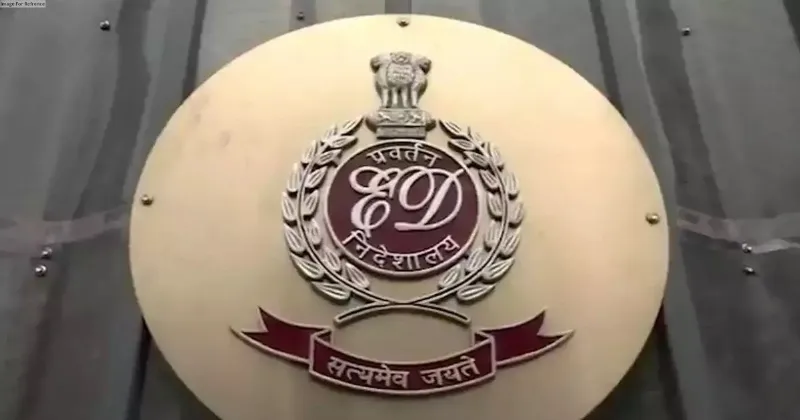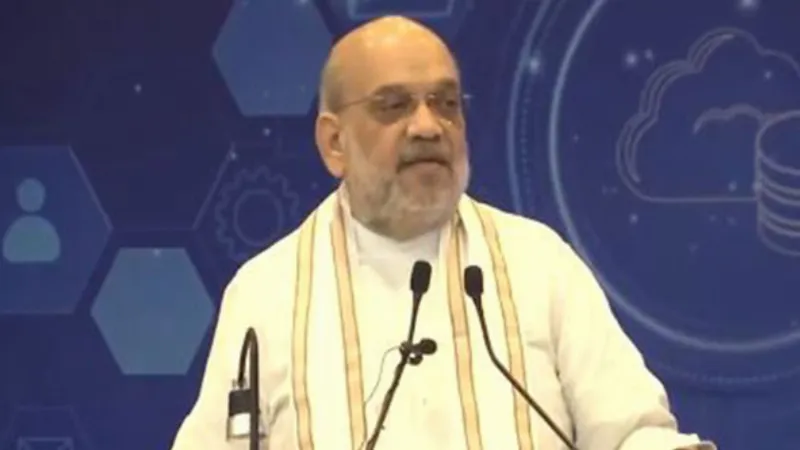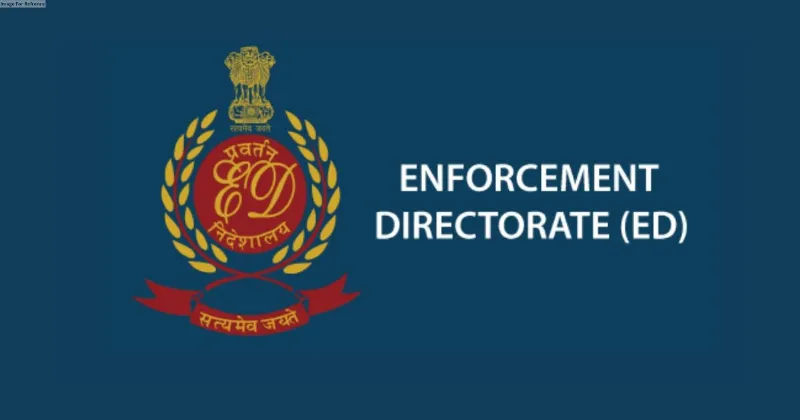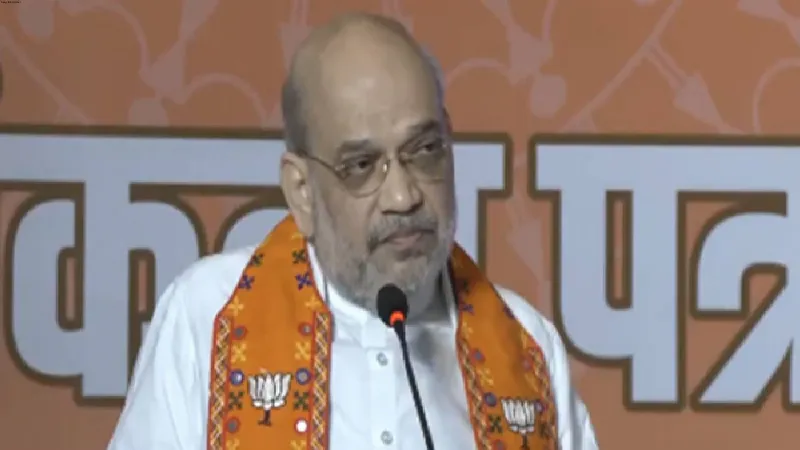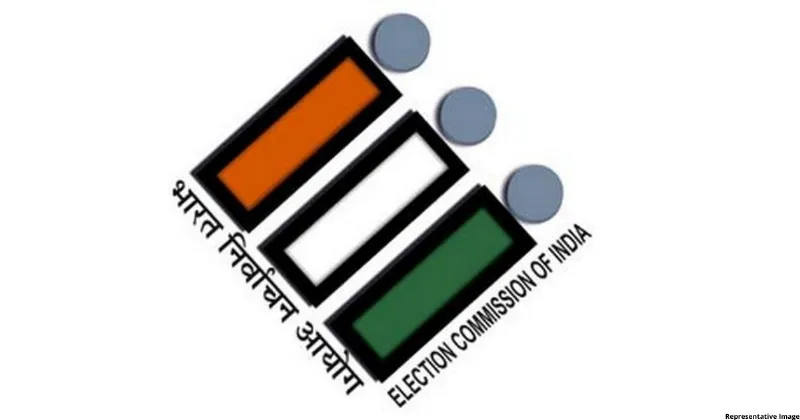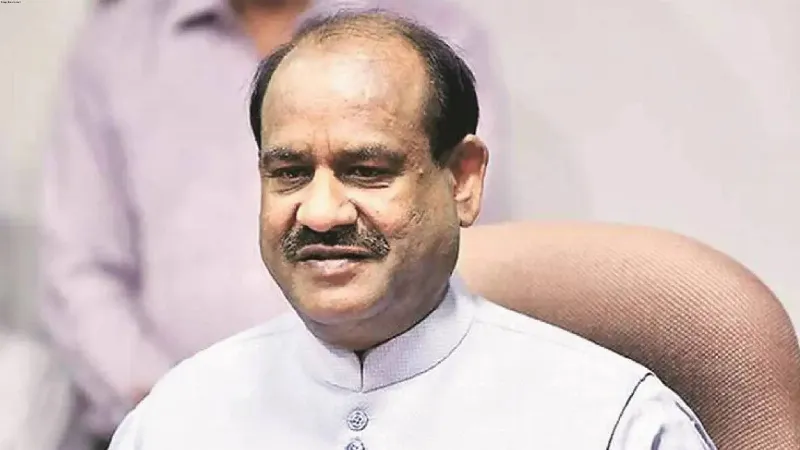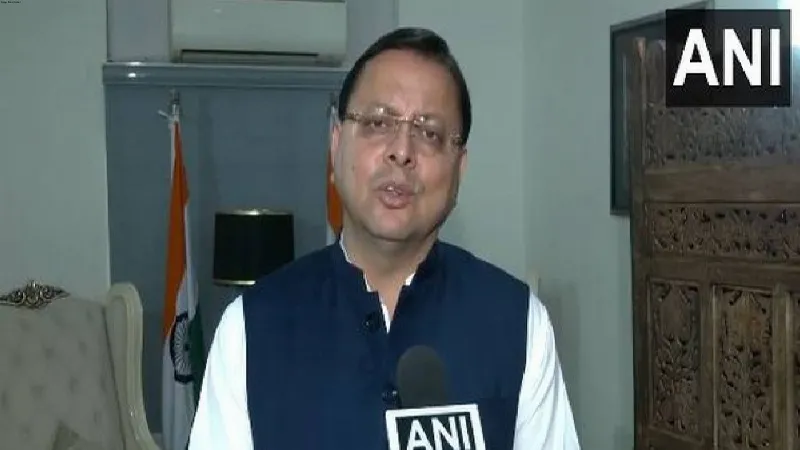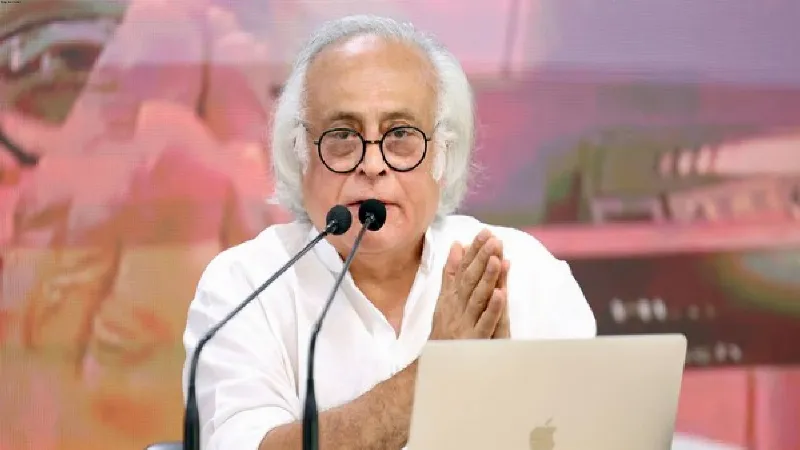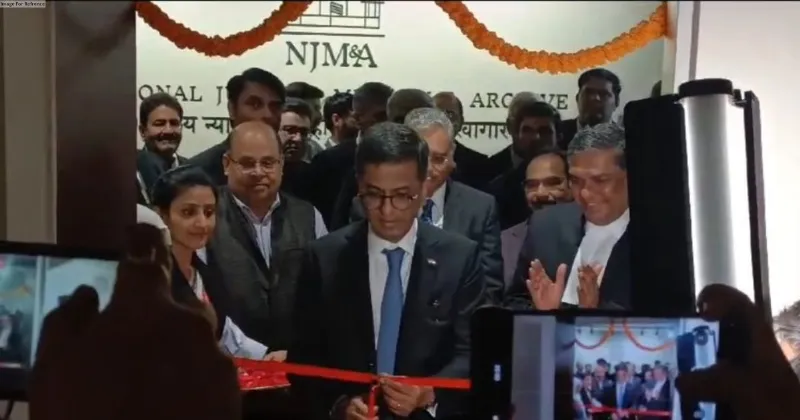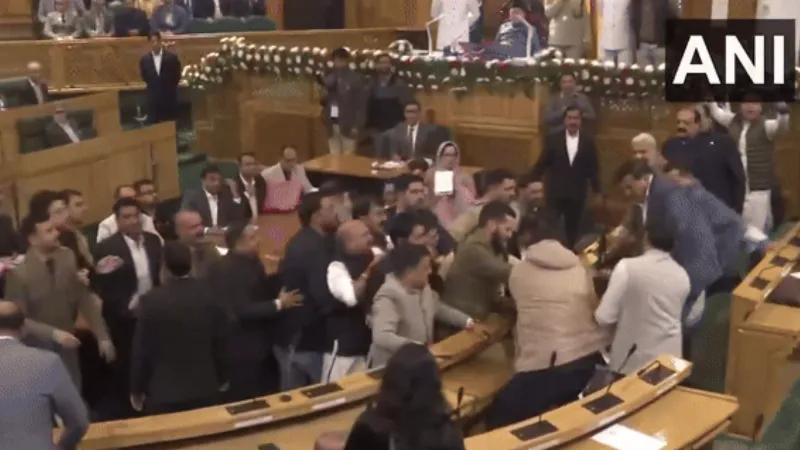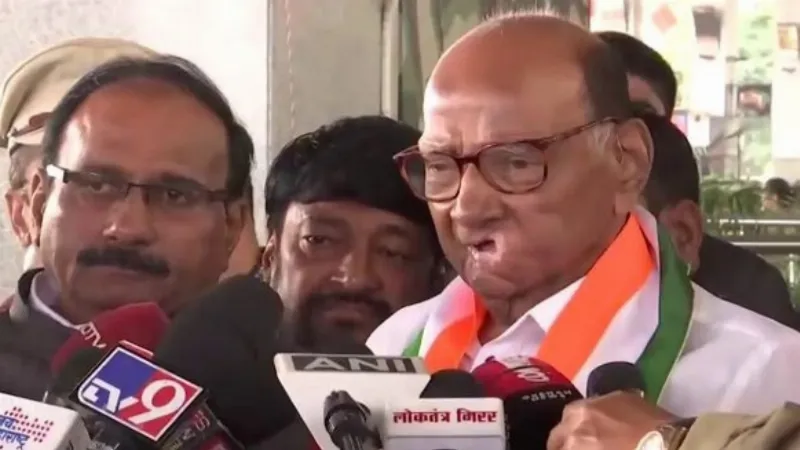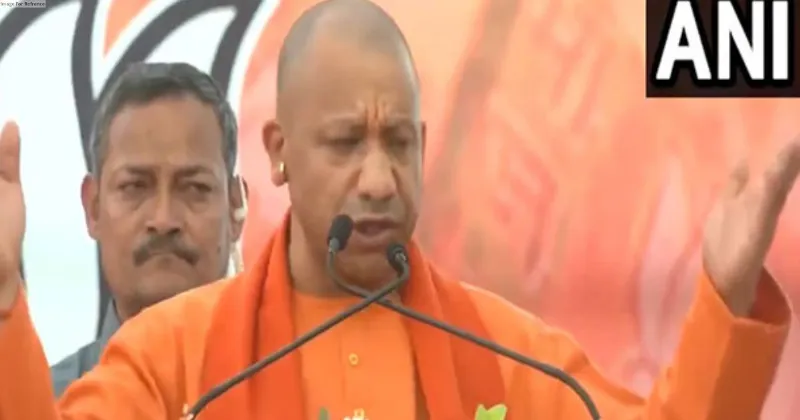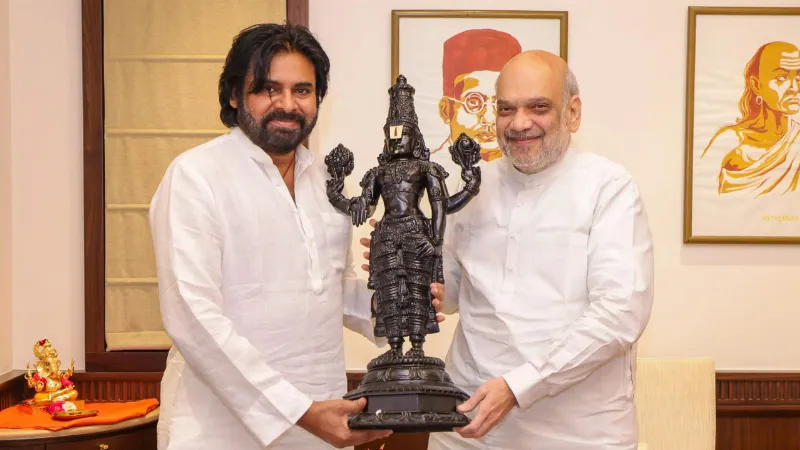Latest News
PM Modi lauds CJI Chandrachud for advocating making SC judgments available in regional languages

New Delhi: Highlighting India's linguistic diversity, Prime Minister Narendra Modi on Sunday lauded Chief Justice of India DY Chandrachud for his remark to make Supreme Court judgments available in regional languages.
PM Modi shared a video of the CJI speaking at an event where he advocated translation of the apex court's judgments in every Indian language and leveraging technology for the purpose. Taking to Twitter, Prime Minister said, "At a recent function, the CJI Justice DY Chandrachud spoke of the need to work towards making SC judgments available in regional languages. He also suggested the use of technology for it. This is a laudatory thought, which will help many people, particularly youngsters."
PM said the government is making efforts to make technical education like medicine and engineering also available in regional languages.
"India has several languages, which add to our cultural vibrancy. The Central government is undertaking numerous efforts to encourage Indian languages including giving the option of studying subjects like engineering and medicine in one's Matru Bhasha," he added.
Speaking at the Facilitation function by the Bar Council of Maharashtra and Goa, CJI Chandrachud said, "The next step in our mission is to provide translated copies of the judgements of the Supreme Court in every Indian language. What good it is to a rural litigant who does not understand the tenour and language tenacity in English. So unless we reach out to our citizens in a language which they can understand, in a manner which they can comprehend."
He further said, "The work we do is not reaching out to 99 per cent of our population. Therefore I do believe the technology...There is always a certain degree of criticism when you adopt the technology. There is a technological divide with people who do not have access to technology, we left out. But my mission for the use of technology is the technology must reach out to those who do not have access and not to therefore create further barriers to access through technology." (ANI)

